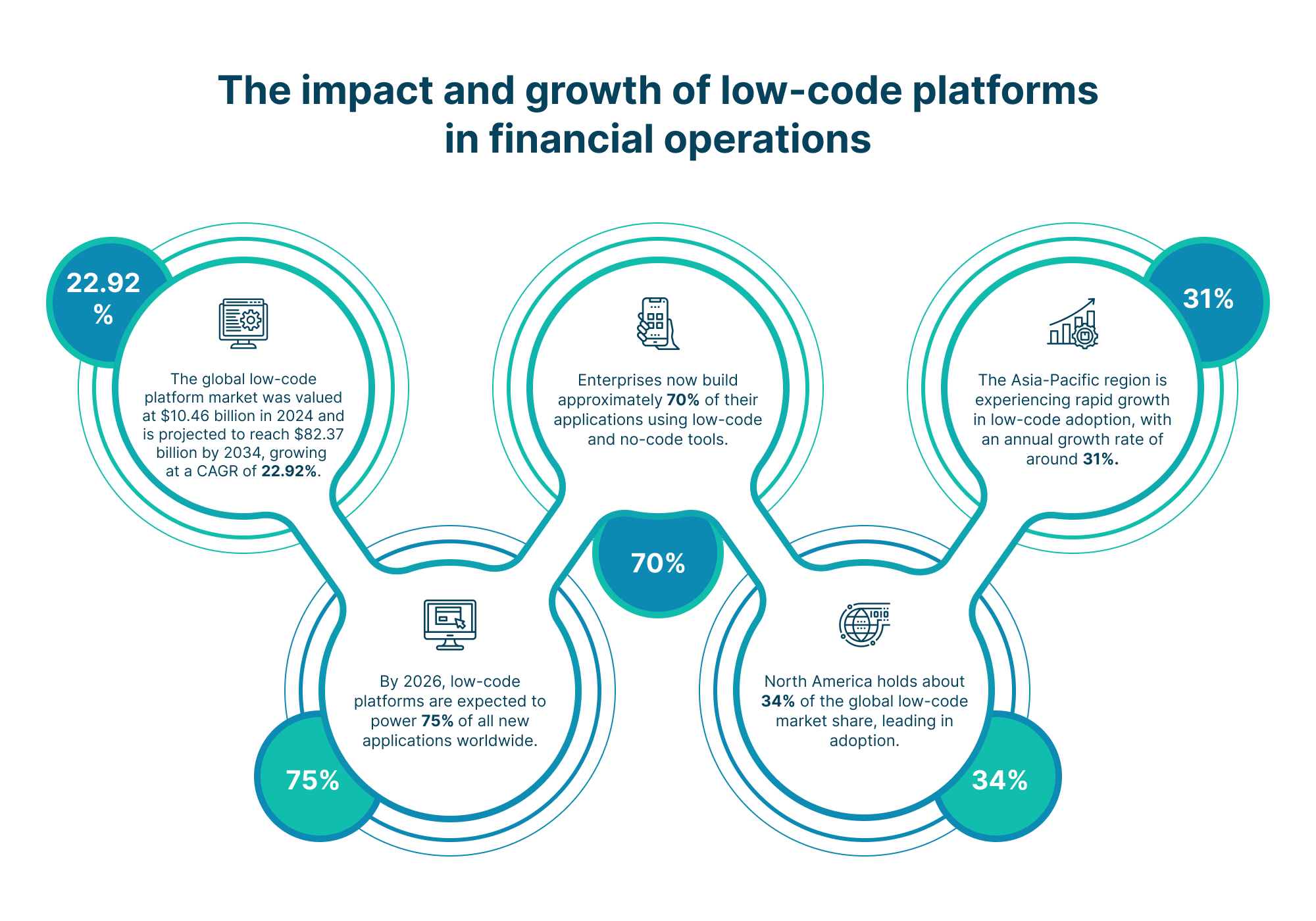Payment Reconciliation
How to build Compliant financial operations without slowing down business
Learn how to ensure regulatory compliance in financial operations while maintaining business speed and agility, using low-code platforms such as Optimus for global efficiency.

Amrit Mohanty
Aug 19, 2025 (Last Updated: Sep 18, 2025)

Financial compliance is the foundation of credible and resilient financial operations, yet non-compliance can have serious ramifications. For example, compliance costs for financial institutions each year reach into the hundreds of billions of dollars globally, demonstrating the regulatory shutdown on businesses. Additionally, not only are businesses liable for regulatory fines, they also risk an average of $5.05million due to data breaches which is 12.6% above average. It's clear that the stakes are high, and compliance is not optional for the financial teams and businesses looking to thrive in an increasingly complicated environment.
The Double-edged sword: Compliance and business speed
While compliance is very important, many companies struggle with the idea that it slows business down. Research shows that every 1% increase in a regulation compliance burden leads to a 1.6% reduction in revenue growth. For example, 85% of leaders say compliance has become more complicated within the last three years and 64% believe regulations are the impediment to their reinvention and speed.
The challenge, then, goes beyond compliance and to achieving speed to stay competitive. This need for fast pace is driving companies to rethink their workflows to position them for automation, and to leverage adaptive technologies with greater operational agility. In short, firms that can comprehensively apply these ideas will eliminate compliance bottlenecks, promote real time decision making, enhance customer engagement, and deliver sustainable growth possibilities in the current high pace financial environment.
The global team challenge: Synchronizing compliance
For businesses competing in a globalized economy, the stakes are even higher. Multinational companies are regularly dealing with over 200 new or modified regulations each day and need to adapt quickly across multiple jurisdictions. The situation is difficult and getting worse, as 77% of global organizations report declines in growth due to regulatory overload. Smaller organizations are often worse-off. They can spend 2 to 3 times more (as percentage of revenue) on compliance than large organizations do.
To unlock agility, global teams need platforms that harmonize diverse compliance demands without introducing friction to business processes. This enables swift innovation and more seamless international expansion for sustained long-term competitiveness.
Moreover, such platforms empower teams to rapidly adapt to regulatory changes, reduce operational risks, and enhance collaboration across multiple regions, ensuring consistent compliance while accelerating business growth and improving overall efficiency.

Enter low-code platforms: Bridging compliance and agility
Low-code technology is transforming financial operations, making compliance both robust and fast. A key statistic: firms investing in compliance technology have realized up to 40% reductions in compliance costs. Additionally, 49% of global enterprises now use technology for more than 11 compliance-related activities, recognizing its ability to automate tasks, reduce human error, and provide real-time audit trails.
With low-code platforms, introducing new financial options or adapting to regulations can take days instead of months, an agility previously unattainable in the sector. This acceleration enables finance teams to rapidly adjust workflows, ensure consistent compliance, and focus more on strategic business growth initiatives.
Additionally, low-code platforms reduce dependency on IT resources, minimize manual errors through automation, and provide real-time visibility into compliance status, empowering organizations to proactively manage risks while scaling operations efficiently across multiple regions.
Case in point: Optimus and flexible rule management
Platforms such as Optimus are redefining how global teams operate. By providing real-time insights and automated reconciliation, Optimus enables finance teams to instantly respond to regulatory changes and conduct secure, compliant operations. Its flexible rule management system allows organizations to adjust workflows and controls without waiting for lengthy software updates.
Practically, this means that 35% of risk professionals who are now investing in compliance technology can roll out rule changes across global teams without losing speed or consistency. Features such as dynamic rule engines, audit-ready logs, and policy-driven automation directly address the need for both global compliance and business agility.
This empowers organizations to rapidly adapt to evolving regulations, reduce operational risks, and enhance collaboration across decentralized teams, ensuring compliance becomes a catalyst for growth rather than a bottleneck.
Seamless flow: Making compliance a growth driver
When technological capabilities are combined with proactive compliance culture, businesses gain more than operational efficiency. Effective compliance fosters 62% greater trust among customers and investors, supports global expansion, and eliminates friction in cross-border payments.
Since 74% of risk and compliance professionals believe technology supports and enhances business activities rather than slows them down, it is clear that low-code platforms unlock substantial business value. By using platforms such as Optimus, organizations can harmonize complex global regulations, automate updates, and integrate compliance with business acceleration; turning what was once a costly hindrance into a competitive advantage.
With the rapid pace of regulatory change and the growing complexity of financial operations worldwide, success lies in aligning robust compliance with business speed. By leveraging platforms such as Optimus, global financial teams can confidently stay ahead of regulations, mitigate risks, and power their growth; compliantly and efficiently.

